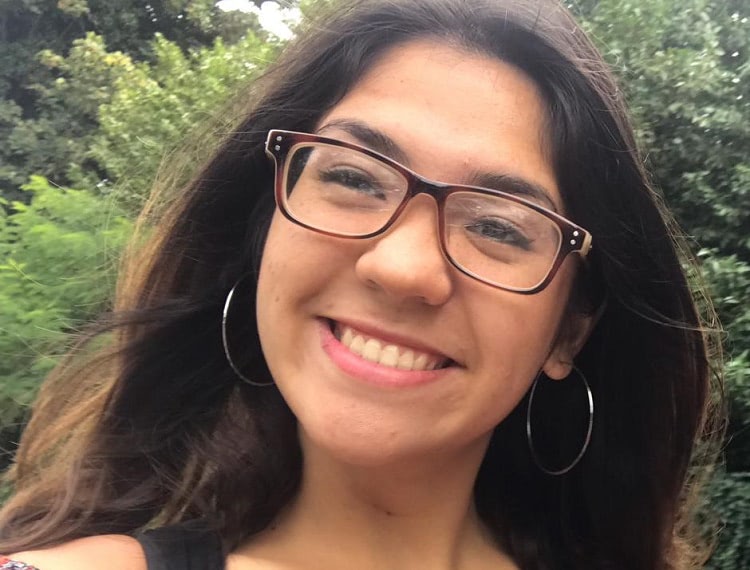Assessment – Time for a rethink? In discussion with Kate Green MP

The UK’s examination system has long been untenable, with Covid-19 highlighting the need for change. Following Edge’s first seminar on rethinking assessment with Robert Halfon MP, on 6th July we welcomed expert panellists to explore the issue further.
Discussion ranged from the UK skills shortage to whether we should formally assess four-year-olds (spoiler alert: nobody thought that we should!)
Hosted by Edge and Rethinking Assessment, the seminar was chaired by former TES Editor, Ann Mroz MBE. We opened with presentations from Kate Green MP (Shadow Education Secretary) and Sarah-Jayne Blakemore (Professor of Psychology & Cognitive Neuroscience, Cambridge University) who shared unusual but compelling research exploring ‘The teenage brain and exams misalignment’.
This research highlighted how adolescence is a sensitive time for brain development. During this period, cognitive and social capacities (such as creativity and exploration) are developing. However, between the ages of 15 and 16, young people are being expected to take stressful, high-stakes exams.
Mental health problems have become increasingly prevalent amongst young people in the UK, who cite exam stress and fear of academic failure as prominent concerns.
The panel also included Sarah Fletcher (High Mistress, St Paul’s Girls’ School) Meeta Vouk (Director Product Management, AI for IBM Z) and Edge’s own Chief Executive, Alice Barnard.
Assessment during Covid
Kate Green opened by addressing the immediate pressures facing assessment, particularly our hastily-constructed Covid framework, which offers little in the way of guidance or support to an overworked teaching workforce. She noted that teacher-based assessment increases pressure on educational professionals and students. Many are taking more exams than usual to provide assessment data.
Young people are also concerned about how they’ll be perceived:
“They want to know: ‘Are we the year that special allowances were made for? Will our results count?’ This is demoralising,” she said, “even if it is just a perception.”
Sarah Fletcher offered an alternative perspective, explaining that Covid had allowed students to demonstrate the diversity of ways in which they can think, perform and answer questions:
“There’s real learning to take from this as we prepare the future assessment system. My main fear is that we’re being presented with a false binary between traditional exams or teacher assessment in its current format.”
False assessment choices
Alice Barnard expanded on the issue of false dichotomies within education.
She cited Gavin Williamson (Education Secretary) recently stating that exams are the best form of assessment for everyone:
Williamson: Exams ‘best form of assessment for everyone’
“We’re being asked to believe that it’s exams or nothing,” Alice said.
“Knowledge or no knowledge, high standards or low. Already, critics of alternative assessment are using this narrative to shut down the conversation.” She highlighted the so-called ‘forgotten third’ of GCSE students (who leave education without recognisable qualifications) as a reason to act.
“That’s 150,000 to 200,000 students. We’ve got to address this deficit with a thoughtful discussion about future approaches. Exams may be part of that. But there are other options, too, including Extended Projects Qualifications (EPQs) and the International Baccalaureate.”
Assessing digital and employability skills
As well as the form of assessment, what we assess also emerged as a key theme. Sarah Fletcher noted that exams involve sitting pupils at desks with pen and paper, and yet, “every aspect of life and work is influenced by digital. How can we bring the tech world, with all its nuance and vibrancy, into assessment?”
Alice explained that it’s not a choice between a love of learning or becoming a cog in an economic machine. It’s a hybrid: “We want to encourage thoughtful interaction with learning to make it interesting and relevant. But we also want young people to have the skills to contribute to the workforce. This isn’t subjective – the skills shortage is currently costing the economy £6.1bn. We have an economic imperative to get this right.”
Meeta Vouk concurred. As an employer, she explained how hard it is to hire for skills when they’re so poorly assessed. “Hiring [at IBM Z] involves extensive interviews. We’re figuring out how applicants learn. We never look at GCSE scores or college grade point averages – we want to see what skills and experiences they have. How do they work with others? Are they innovative or not?”
The impact of assessment on teaching professionals
Another theme was the impact of the assessment system on teaching staff. Following her presentation, Sarah-Jayne explained that the last 18 months have been a crisis for teachers, too. “We must plan with multiple contingencies. We have no idea how the next year will unfold. Without this, it’ll be another year of mental health crises; in the teaching profession, too.”
Kate Green fears a flight of school leaders once the pandemic ends. Instead, “the government should be wrapping themselves around these professionals, asking: ‘How can we keep you and support you in the profession?’”
Ending on a hopeful note, Alice reflected that teacher absenteeism is far lower in schools that are innovating:
“Changing pedagogy and assessment requires a lot of upfront work, but the long term benefits for teachers, senior leadership and pupils are huge.”
Elena Wilson, Policy Manager, The Edge Foundation











Responses